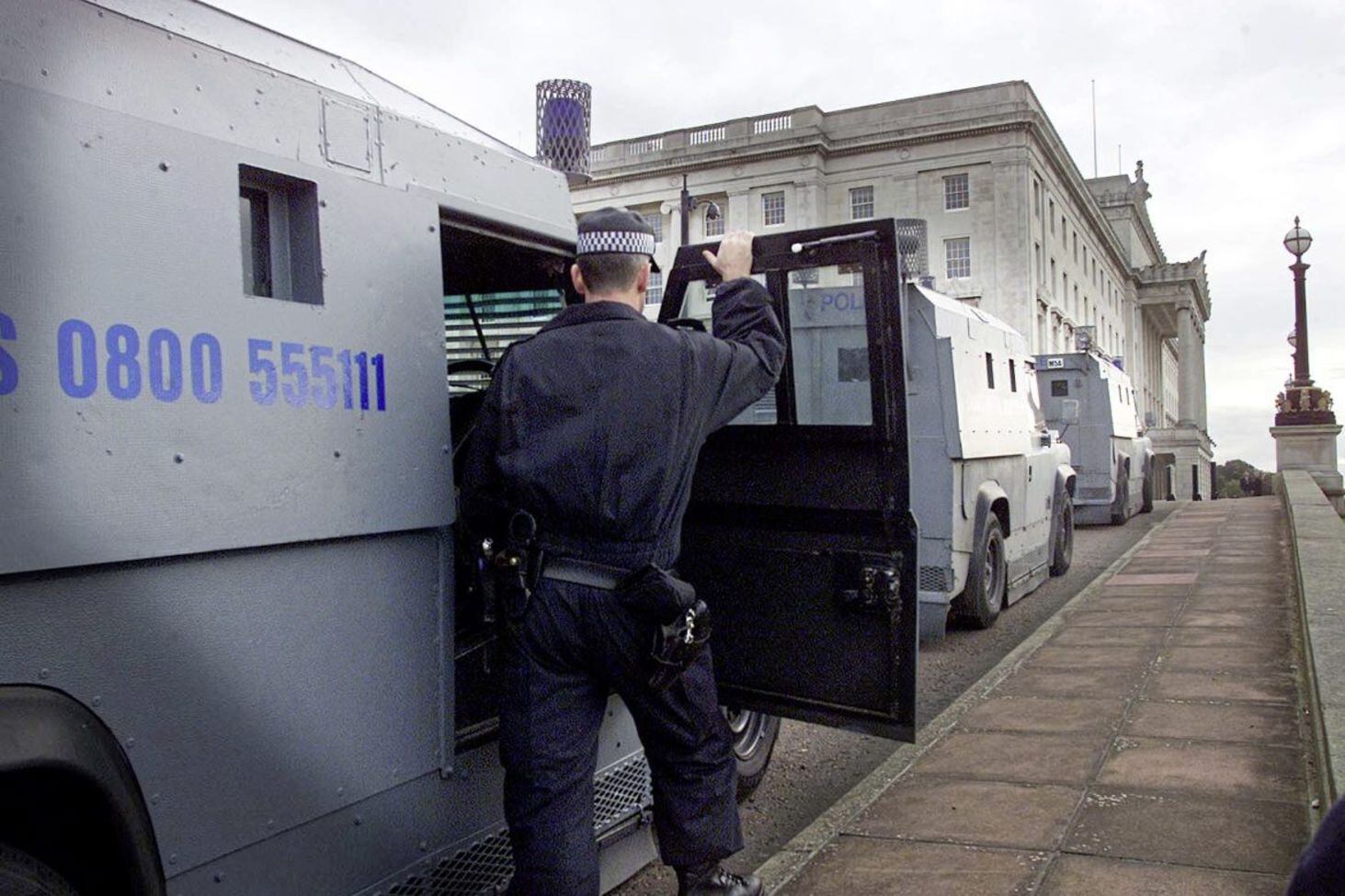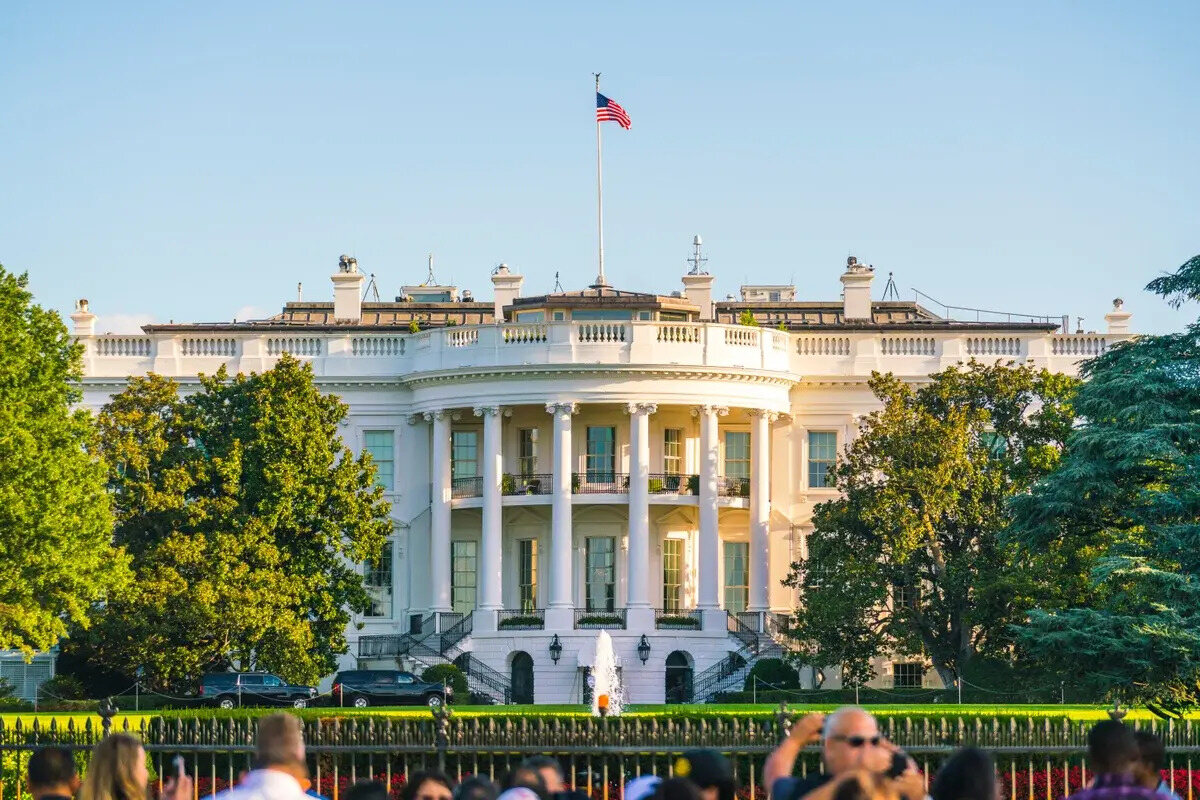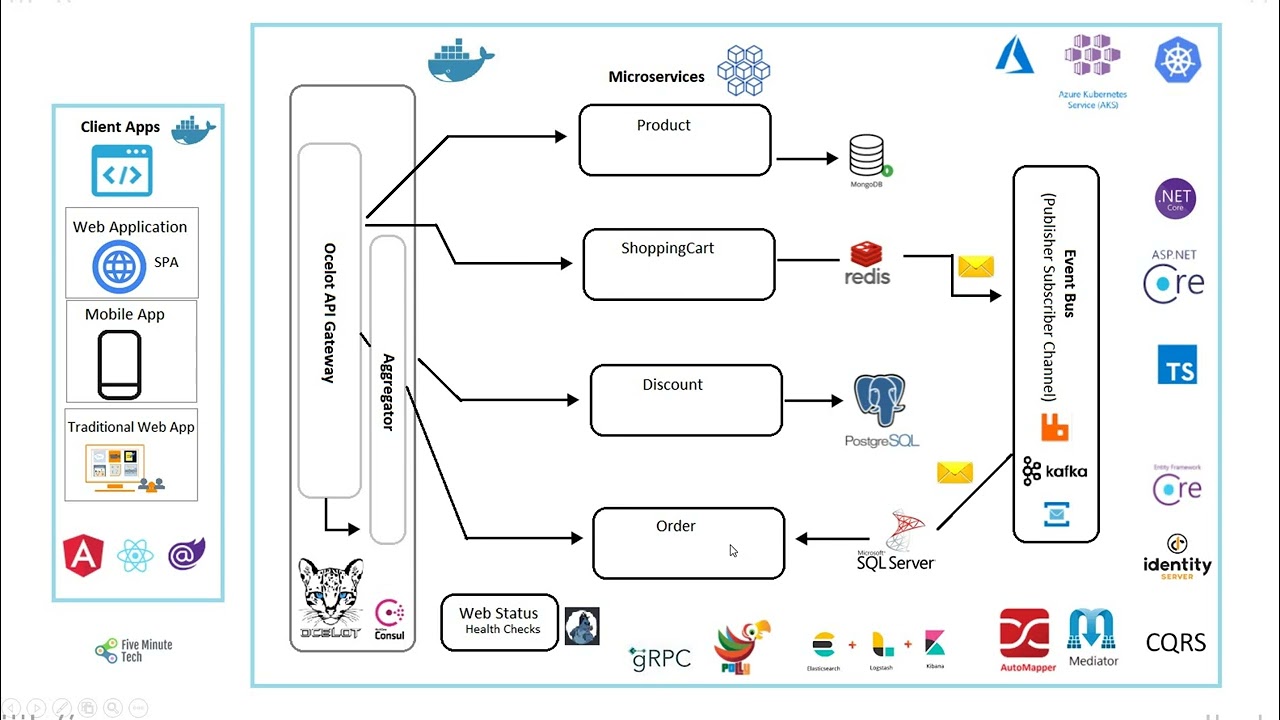
What is Stormontgate? Stormontgate, also known as the "Stormont Spy Scandal," refers to a political controversy in Northern Ireland that erupted in 2002. It involved allegations of a spy ring operating within the Northern Ireland Office and the devolved government at Stormont. The scandal led to the suspension of the Northern Ireland Assembly and the power-sharing executive, causing significant political turmoil. Key figures were accused of passing sensitive information to the Irish Republican Army (IRA), which heightened tensions between unionist and nationalist communities. The incident had far-reaching implications for the peace process and the stability of Northern Ireland's political landscape. Understanding Stormontgate is crucial for grasping the complexities of Northern Ireland's recent history and the challenges of maintaining peace in a divided society.
Key Takeaways:
- A scandal called Stormontgate rocked Northern Ireland, involving espionage and political turmoil. It led to arrests, suspensions, and suspicions, shaping the country's history and peace process.
- The aftermath of Stormontgate revealed shocking twists, including a spy's confession and unsolved murder. It highlighted the challenges of trust and transparency in post-conflict societies.
What is Stormontgate?
Stormontgate, also known as the Stormont Spy Scandal, was a political controversy in Northern Ireland. It involved allegations of espionage within the Northern Ireland Assembly at Stormont. This scandal had significant political ramifications and led to a series of investigations and arrests.
- Stormontgate began in October 2002 when police raided the offices of Sinn Féin at Stormont.
- The raid was part of an investigation into allegations of a republican spy ring operating within the Northern Ireland Assembly.
- Three individuals were arrested during the raid: Denis Donaldson, Ciaran Kearney, and William Mackessy.
- The scandal led to the suspension of the Northern Ireland Assembly on October 14, 2002.
- The suspension lasted for nearly five years, until the Assembly was restored in May 2007.
Key Figures Involved
Several key figures played crucial roles in the Stormontgate scandal. These individuals were either directly involved in the events or had significant influence over the proceedings.
- Denis Donaldson was a senior Sinn Féin official and one of the individuals arrested during the raid.
- Ciaran Kearney, another individual arrested, was a Sinn Féin member and the son-in-law of a prominent republican.
- William Mackessy, the third person arrested, was a civil servant working at Stormont.
- Hugh Orde, the Chief Constable of the Police Service of Northern Ireland (PSNI), oversaw the investigation.
- Gerry Adams, the leader of Sinn Féin, strongly denied the allegations and criticized the police actions.
The Allegations
The allegations at the heart of Stormontgate were serious and had far-reaching implications. They centered on claims of espionage and the potential compromise of sensitive information.
- It was alleged that Sinn Féin members were involved in gathering intelligence on political opponents.
- The police claimed to have found documents and computer files containing sensitive information during the raid.
- These documents allegedly included details about the security forces and political opponents.
- The allegations suggested that the information was being used to undermine the peace process.
- Sinn Féin denied the allegations, calling them politically motivated and baseless.
Political Impact
Stormontgate had a significant impact on the political landscape in Northern Ireland. The scandal led to a series of events that reshaped the political environment.
- The suspension of the Northern Ireland Assembly created a political vacuum and stalled the peace process.
- The British and Irish governments had to step in to manage the situation and maintain stability.
- The scandal strained relationships between the political parties in Northern Ireland.
- Unionist parties used the scandal to criticize Sinn Féin and question their commitment to the peace process.
- The controversy also led to increased scrutiny of the police and their handling of the investigation.
The Aftermath
The aftermath of Stormontgate saw a series of developments that continued to influence Northern Ireland's political landscape. These events included revelations, investigations, and eventual resolutions.
- In December 2005, Denis Donaldson admitted to being a British agent for over 20 years.
- Donaldson's admission shocked many and raised questions about the integrity of the investigation.
- Following his admission, Donaldson was expelled from Sinn Féin.
- In April 2006, Denis Donaldson was found murdered in a remote cottage in County Donegal.
- His murder remains unsolved, with various theories about who was responsible.
Legal Proceedings
Legal proceedings related to Stormontgate were complex and drawn out. They involved multiple court cases and legal challenges.
- The charges against Denis Donaldson, Ciaran Kearney, and William Mackessy were eventually dropped in December 2005.
- The Public Prosecution Service cited insufficient evidence as the reason for dropping the charges.
- Sinn Féin called for an independent inquiry into the handling of the investigation and the raid.
- The Police Ombudsman for Northern Ireland conducted a review of the police actions during the raid.
- The Ombudsman's report criticized some aspects of the police operation but did not find evidence of misconduct.
Public Perception
Public perception of Stormontgate varied widely. Different communities and political groups had differing views on the scandal and its implications.
- Many nationalists and republicans viewed the scandal as an attempt to discredit Sinn Féin.
- Unionists saw the allegations as evidence of Sinn Féin's duplicity and lack of commitment to peace.
- The media played a significant role in shaping public opinion about the scandal.
- Some journalists and commentators questioned the motives behind the police investigation.
- Public trust in the political process was affected by the scandal and its fallout.
Long-term Effects
The long-term effects of Stormontgate continue to be felt in Northern Ireland's political landscape. The scandal had lasting implications for political relationships and the peace process.
- The restoration of the Northern Ireland Assembly in 2007 marked a significant step forward.
- The scandal highlighted the challenges of building trust between political parties in a post-conflict society.
- Lessons learned from Stormontgate influenced subsequent political negotiations and agreements.
- The controversy underscored the importance of transparency and accountability in the political process.
- Stormontgate remains a significant chapter in Northern Ireland's history, illustrating the complexities of the peace process.
Final Thoughts on Stormontgate
Stormontgate, a significant chapter in Northern Ireland's history, left a lasting impact on politics and public trust. The scandal, involving allegations of spying and political intrigue, highlighted the complexities of governance in a region with a turbulent past. It underscored the importance of transparency and accountability in political processes. The fallout from Stormontgate led to changes in how political affairs were conducted, aiming to restore faith in the system. Understanding this event helps grasp the delicate balance required to maintain peace and stability in Northern Ireland. As we reflect on Stormontgate, it's clear that lessons learned continue to shape the political landscape. This episode serves as a reminder of the ongoing need for vigilance, integrity, and open dialogue in politics. By remembering these facts, we can better appreciate the efforts to build a more transparent and accountable government.
Frequently Asked Questions
Was this page helpful?
Our commitment to delivering trustworthy and engaging content is at the heart of what we do. Each fact on our site is contributed by real users like you, bringing a wealth of diverse insights and information. To ensure the highest standards of accuracy and reliability, our dedicated editors meticulously review each submission. This process guarantees that the facts we share are not only fascinating but also credible. Trust in our commitment to quality and authenticity as you explore and learn with us.


